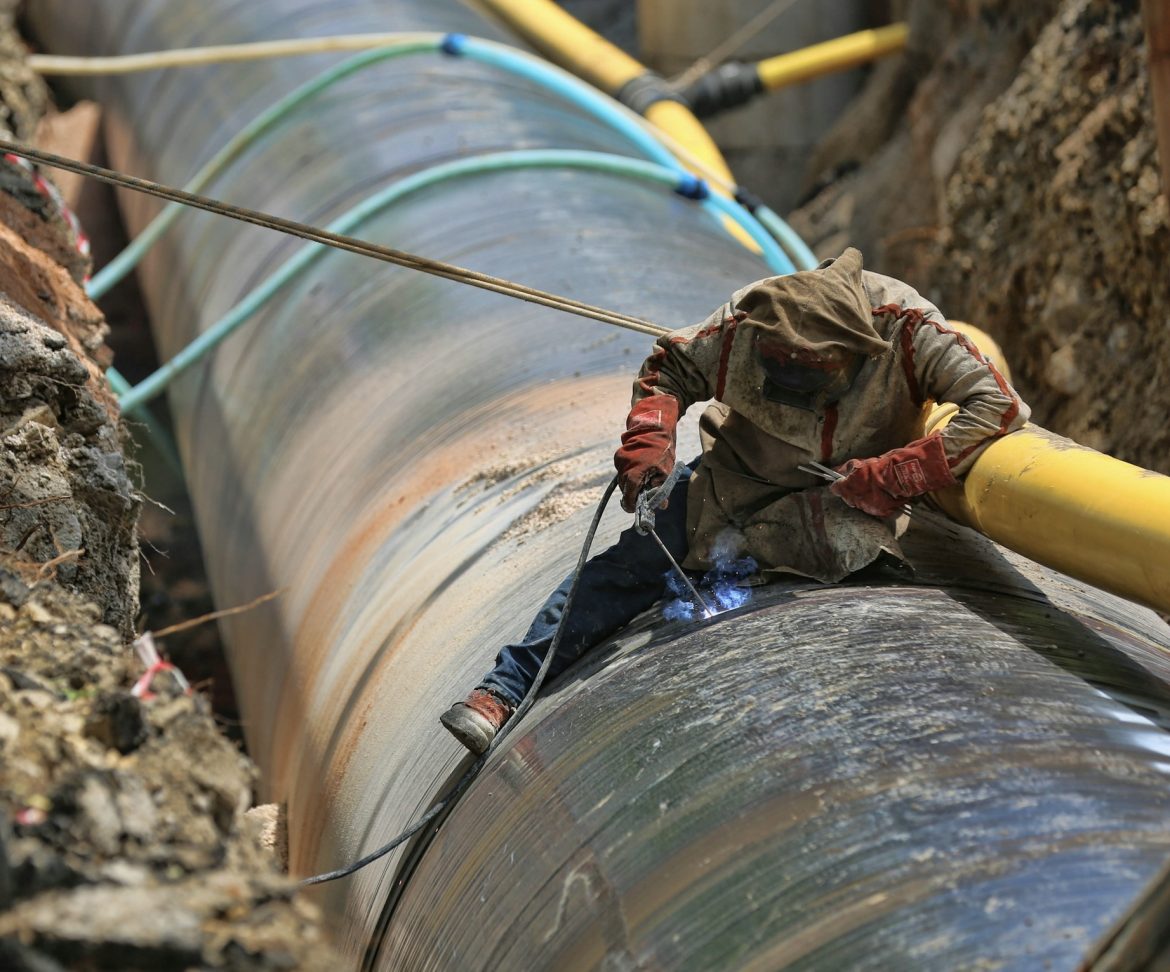KEY POINTS
- Leviathan gas project pipeline will carry 600 million cubic feet daily.
- Chevron and Israel Natural Gas Lines signed the agreement.
- Egypt leans on Leviathan gas project as domestic output drops.
Chevron Corp. and Israel’s state-owned Israel Natural Gas Lines Ltd have signed a landmark agreement to build a pipeline connecting Israel’s Leviathan gas field to Egypt. The project, announced by Leviathan partner NewMed Energy, underscores Cairo’s increasing dependence on Israeli gas as domestic output continues to falter.
Leviathan gas project expands pipeline capacity
The agreement will see Chevron Mediterranean Limited, the Leviathan operator, work with Israel Natural Gas Lines to create an onshore link between the two countries’ transmission systems through the Nitzana corridor. NewMed, which holds a 45.34 percent interest in Leviathan, confirmed the project includes construction of a compressor station in Ramat Hovav in southern Israel and about 65 kilometers of new pipeline stretching to the Nitzana border crossing.
Once operational, the line will allow up to 600 million cubic feet of natural gas per day to flow into Egypt. Chevron intends to expand regional deliveries by combining Israeli pipeline exports with additional liquefied natural gas shipments from the U.S., a strategy aimed at supporting Egypt’s strained energy market.
Egypt’s LNG imports highlight energy gap
Freeman Shaheen, Chevron’s president for global gas, told delegates at the Gastech conference in Milan that Egypt “needs all the gas it can get.” The country returned to importing LNG last year after domestic production slumped, forcing it to rely more heavily on pipeline inflows and overseas cargoes.
According to OilPrice, Egypt has ramped up its import capacity with new floating terminals, and LNG receipts in 2025 have already doubled compared with 2018. Piped gas from Israel has become central to Cairo’s supply plans.
Chevron operates both Leviathan and another Israeli offshore field, which together have anchored the cross-border energy relationship. Leviathan was temporarily halted during the Israel-Iran conflict for security reasons, though flows resumed after tensions eased. In August, Israel and Egypt signed a $35 billion long-term gas supply deal, the largest in Israel’s history, reinforcing Cairo’s bet on regional gas partnerships.



